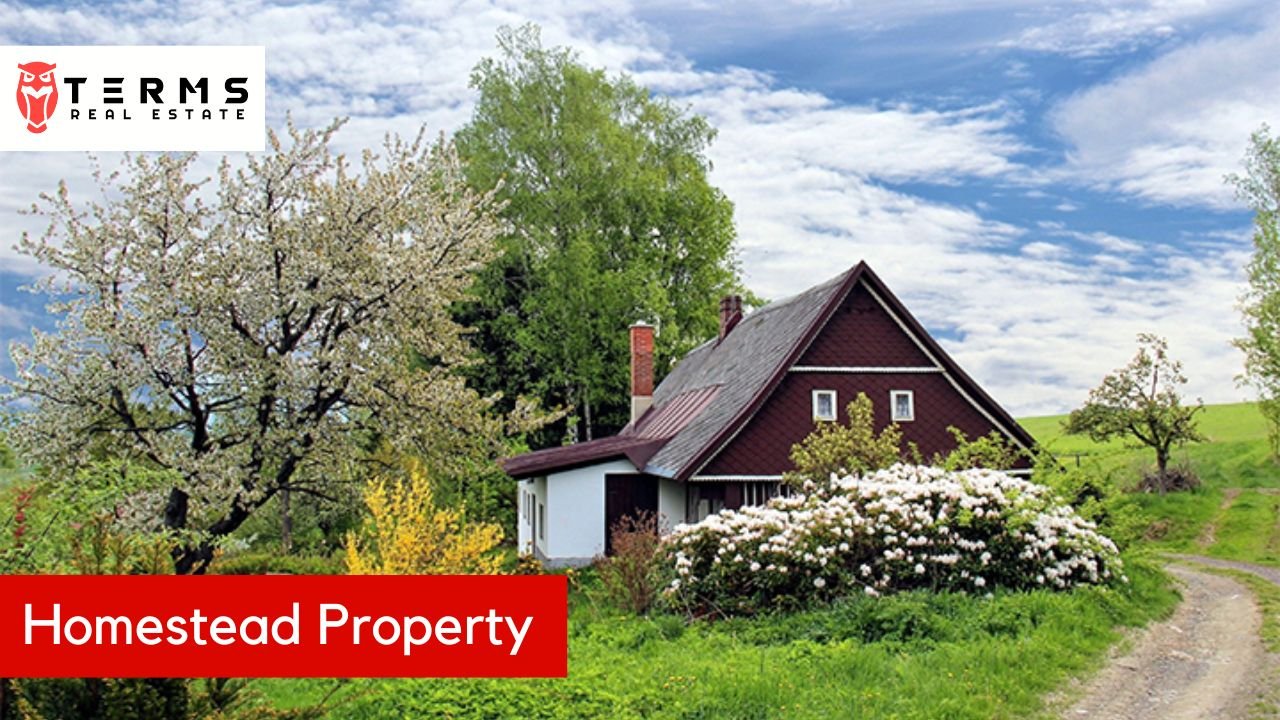If you’re looking to purchase a home or work on filling out your taxes for the first time, you might see a reference to something called a ‘homestead property.’ If that’s the case, you’re probably wondering just what this is. If they can get a tax credit, you probably want to know if you qualify. Well, we’re going to break it down and talk about just what a homestead property is and whether you are eligible (or if you could qualify).
What is a Homestead Property?
First, a homestead property is relatively simple. It’s a place that you have a permanent home where you are living at the time. You could be renting, or you could own, but it’s considered the place where you come back to go on vacation or when you leave for work. Keep in mind that only one property can be a homestead. While it can be a property, your rent is not allowed to be a college dormitory.
Who Qualifies for Homestead Property?
So, who qualifies? Anyone who lives in one property most of the time qualifies. Someone who either owns or rents a property and pays taxes in the state that their property is in may be eligible for homestead property. Homeowners or renters may also have a specific amount that they allowed to paying in household resources as well as a particular maximum for the level of taxable value for the property. Some states may also put requirements on how long the property owner must have lived in the home, which will generally be at least six months out of the previous year. These requirements can change from state to state, however.
Do I Qualify?
If you’re looking to qualify yourself, you’ll need to look up the rules in your area. Still, if your state does participate, you usually only need to fill out a form. That can make things easy for you. All you need to do is a little research (it usually only takes a minute or less to find whether your state has homestead property laws or not), and you’ll get the form required. Make sure you pay attention to whether or not there’s a deadline on the way, however. For tax purposes, you may have to turn it in before the tax deadline, or you won’t get the benefits.
Is Homestead Property Beneficial?
If you qualify as a homestead property, it will be beneficial because it’s going to save you money in the long run. When you pay taxes on your property, you have to pay those taxes based on your home’s entire value. But the government says that you don’t have to pay all those taxes. Instead, you can take part of what you paid off your total bill later. That’s a bonus. Who wants to spend a bunch of money into the government that they don’t have to pay?
Homestead properties have other benefits as well, aside from just the lower taxes. You can exempt your homestead from being taken from you if you go bankrupt or are otherwise forced to sell materials to satisfy creditors. Your homestead, the place that you live, is completely protected. No one can make you sell it for any reason (as long as you’re making your payments to the mortgage holder, that is). If you aren’t making payments or default on your mortgage, this exemption will not help you or protect you from forced sale.
What You Should Know About Homesteads
You should know that the homestead laws vary slightly from one state to the next. While these are the general rules that you will be able to enjoy, the specifics about your taxable valuation and any standard or law about how long you must live in the state will vary. If you believe you qualify for a homestead property, then you’ll want to take a little closer look into what your state requires. These properties are natural to be eligible for in most states, but some states don’t have them at all.
You should also know that homestead property is only a single property that you own. If you own multiples, they won’t count against you, but they can’t be used to get more than one homestead credit. You can only have one property that you consider your ‘home.’ Any additional features will not receive this benefit, meaning you will pay taxes on the full value. Second homes, vacation homes, cottages, and the like are not protected in the event of bankruptcy or forced sale.
Some states have local laws, as well. Make sure you’re researching both your country and your local community or city. You want to get all of the benefits that you can and if you live in an area where you can double-dip on your savings? That’s something you want to do. So, make sure that you take a closer look at every area you could qualify in. That means your state, your township, your county and your city (or else your area divides up property). There could be more out there than you know.
Wrap Up
Overall, there are several reasons that you should at least look into homestead property laws in your state. You may be able to qualify if you own any individual property that you consider your ‘home base’ when you head back after vacation. You may be able to save a bit of money on your taxes, protect yourself in the event of a bankruptcy, and a lot more. A homestead property going to well worth it for you in the long run, and there’s really no downside to it, so what do you have to lose?



